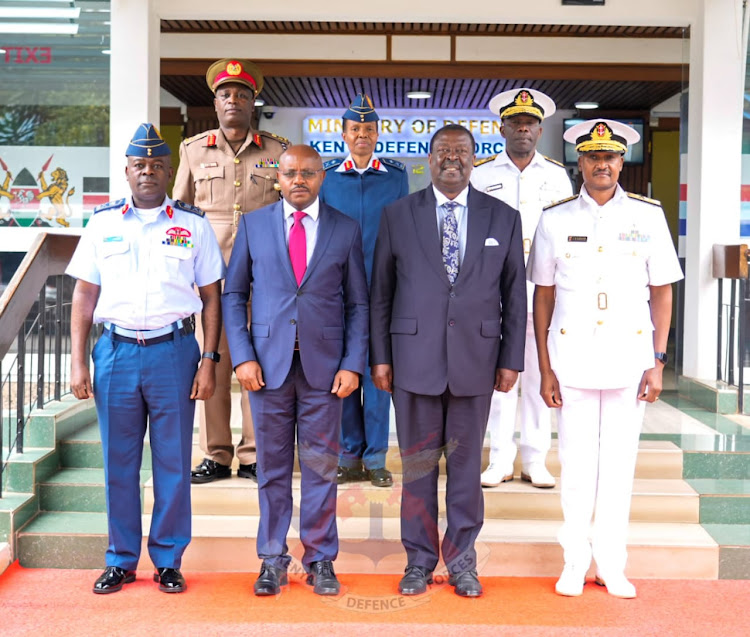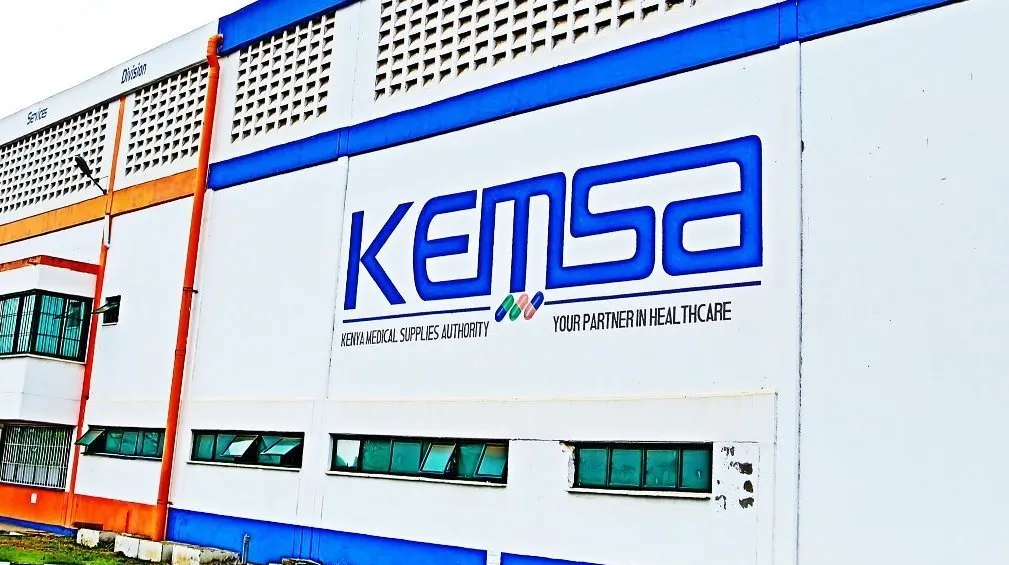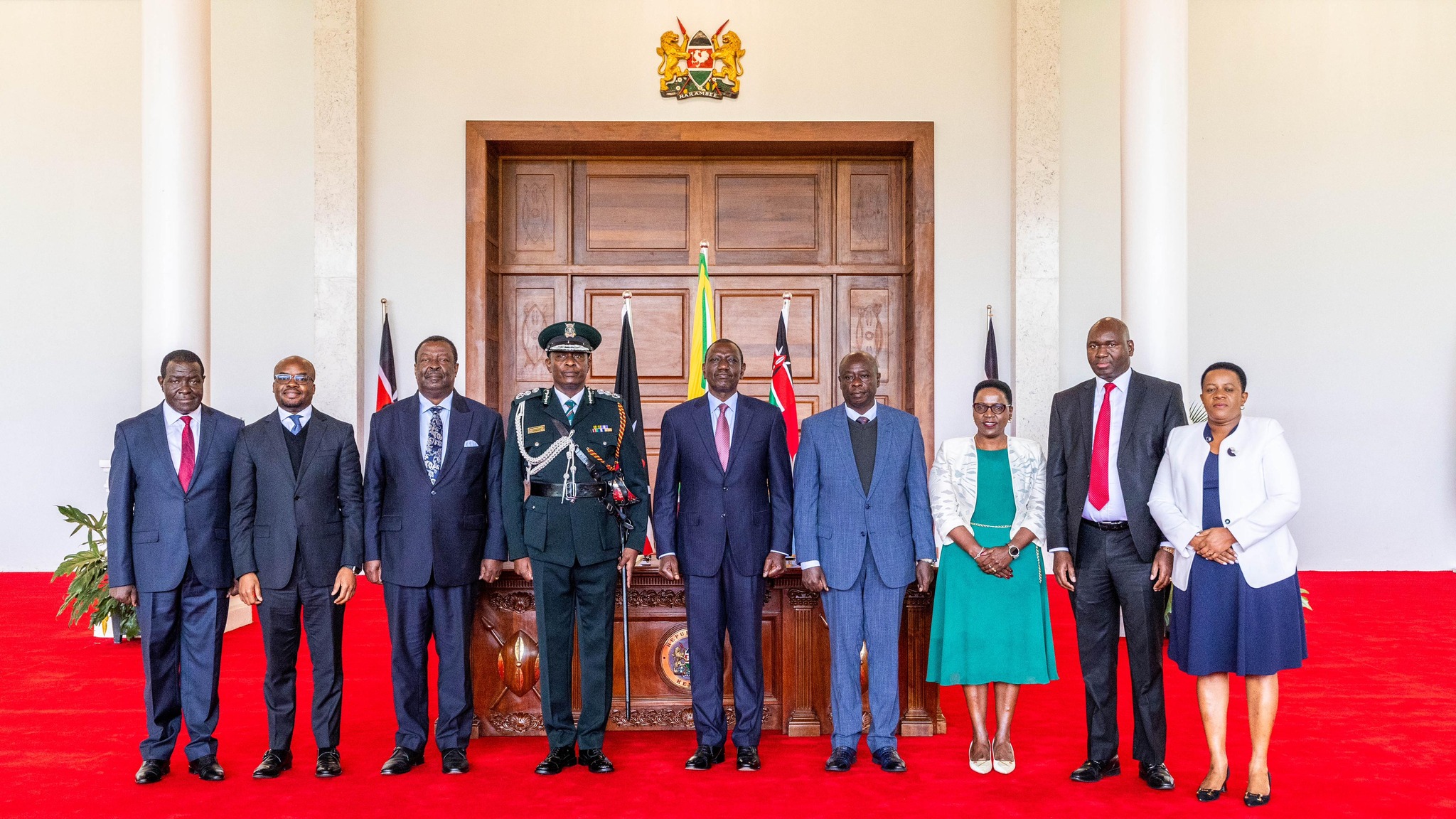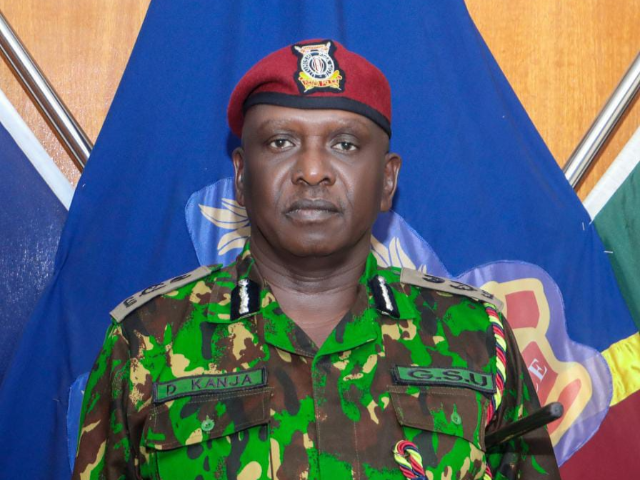
President William Ruto has unveiled a strategic plan to boost key value chains in Kenya, primarily focusing on the agriculture sector. These value chains have been identified as having significant potential to stimulate the economy by creating jobs, reducing the import bill, ensuring food security, and supporting the manufacturing sector.
One of the critical value chains targeted by Ruto’s initiatives is cotton production. Currently, Kenya heavily relies on textile and clothing imports, costing the nation Kshs. 35.2 billion annually. To curtail cloth imports and bolster local manufacturing, the government has allocated Ksh. 120 million for the Cotton Industry Revitalization Project and Ksh. 592 million for the Food Security and Crop Diversification Project. These funds will provide 7,224 MT of cotton seed, aiming to expand cotton cultivation by 26,000 acres.
Another crucial value chain under scrutiny is edible oil crop production. Despite possessing the capacity to produce edible oils domestically, Kenya imported edible oils worth Kshs. 145.7 billion in 2022. In response, President Ruto introduced the Edible Oil crop production value chain. The government has allocated Kshs. 134 million for the National Edible Oil Crops Promotion Project, Kshs. 62 million for the Coconut Industry Revitalization Project, and Kshs. 592 million for the Food Security and Crop Diversification Project. These resources will provide certified sunflower seeds, assorted seeds (canola, sunflower, soya), and coconut seedlings to farmers across various counties.
Rice production is also a central focus area, as Kenya experiences a substantial gap between rice production and demand, leading to Ksh. 34.4 billion in rice imports in 2022. To bolster rice cultivation, President Ruto’s government allocated Ksh. 35 million for Capacity Building for Enhancement of Rice Production, Ksh. 50 million for Quelea Quelea Management, Ksh. 592 million for the Food Security and Crop Diversification Project, and Kshs. 500 million for the National Value Chain Support Programme. These investments will be used for farmer training in rice production technologies, quelea quelea bird management, and the distribution of high-quality seeds.
Additionally, within the livestock industry, Ruto is directing attention toward the dairy and leather sectors, allocating Ksh. 2,900 million. These funds encompass the procurement of milk coolers, the establishment of liquid nitrogen plants for semen preservation, the equipping of a Milk Research & Processing Plant, the implementation of an embryo Transfer Project, the development of the Leather Industrial Park-Kenanie, and training stakeholders in the Leather Value Chain Promotion Programme.
Ruto’s comprehensive initiatives seek to strengthen these vital value chains, decrease imports, create employment opportunities, ensure food security, and support local manufacturing. By investing in these priority sectors, Kenya aims to achieve sustainable economic growth and development.






